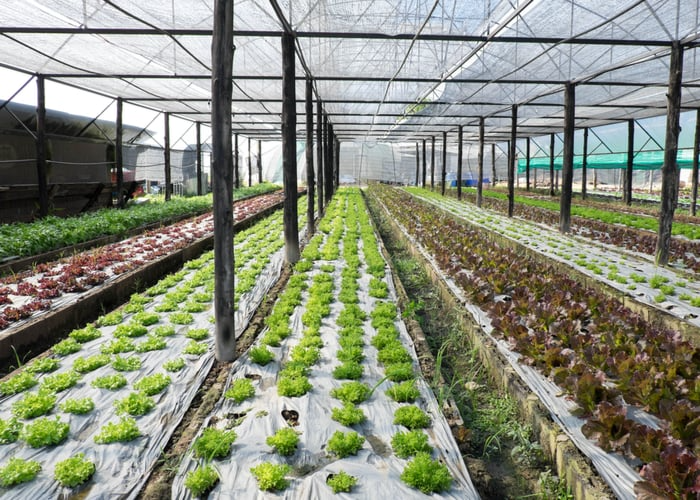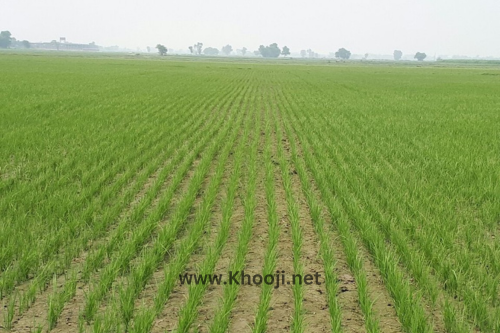Hydroponic farming is a method of growing crops without soil. Nutrient-rich water is utilized instead of soil to eliminate the need for soil. This farming technique has been gaining popularity in recent years due to its high productivity, efficiency, and sustainability. Hydroponic farming is an innovative approach that can play a significant role in sustainable agriculture practices. This article explores the role of hydroponic farming in sustainable agriculture practices and its benefits.
Advantages of Hydroponic Farming in Sustainable Agriculture
- Hydroponic farming has several advantages over traditional farming methods when it comes to sustainability. First and foremost, hydroponic farming uses significantly less water than traditional farming. The water in hydroponic systems is recycled and reused, whereas traditional farming methods are extremely wasteful, with water running off and being lost in the environment.
- In addition to water conservation, hydroponic farming is also a more efficient use of space. This allows for crops to grow in vertical layers to reduce space usage. Making it possible to grow large quantities of produce in a relatively small area. This makes hydroponic farming ideal for urban environments, where space is at a premium.
- Another benefit of hydroponic farming is that it uses fewer pesticides and herbicides than traditional farming. In hydroponic farming, crops are grown in a controlled environment, reducing the risk of pests and disease. Fewer pesticides and herbicides are needed, for making hydroponic farming a safer and more sustainable option.
- Hydroponic farming also has the potential to reduce transportation emissions associated with food production. Traditional farming methods often require transporting crops long distances to reach consumers. Hydroponic farming reduces the need for long-distance transportation and associated emissions by allowing products to be grown in urban environments.
The Potential of Hydroponic Farming for Sustainable Agriculture and Increased Food Accessibility
One potential challenge associated with hydroponic farming is the cost of setting up and maintaining a hydroponic system. Hydroponic systems require equipment such as pumps, lights, and nutrient solutions, which can be expensive. However, the cost of hydroponic equipment has been decreasing in recent years, making it more accessible to small farmers.
Despite the potential challenges, hydroponic farming has significant potential to contribute to sustainable agriculture practices. By using less water, space, and pesticides, hydroponic farming can help reduce the environmental impact of agriculture. Additionally, the ability to grow crops in urban environments can help increase access to fresh produce in areas where it may otherwise be scarce.
Conclusion
Hydroponic farming is an innovative approach to agriculture that has significant potential to contribute to sustainable agriculture practices. With its ability to conserve water, use less space, and reduce the use of pesticides and herbicides, hydroponic farming can help reduce the environmental impact of agriculture. As such, it is an important tool for promoting sustainability in agriculture and increasing access to fresh produce in urban environments.
For more Amazing and Unique information and Posts Visit our Home page... If you have any suggestions or information feel free to share with us ….






